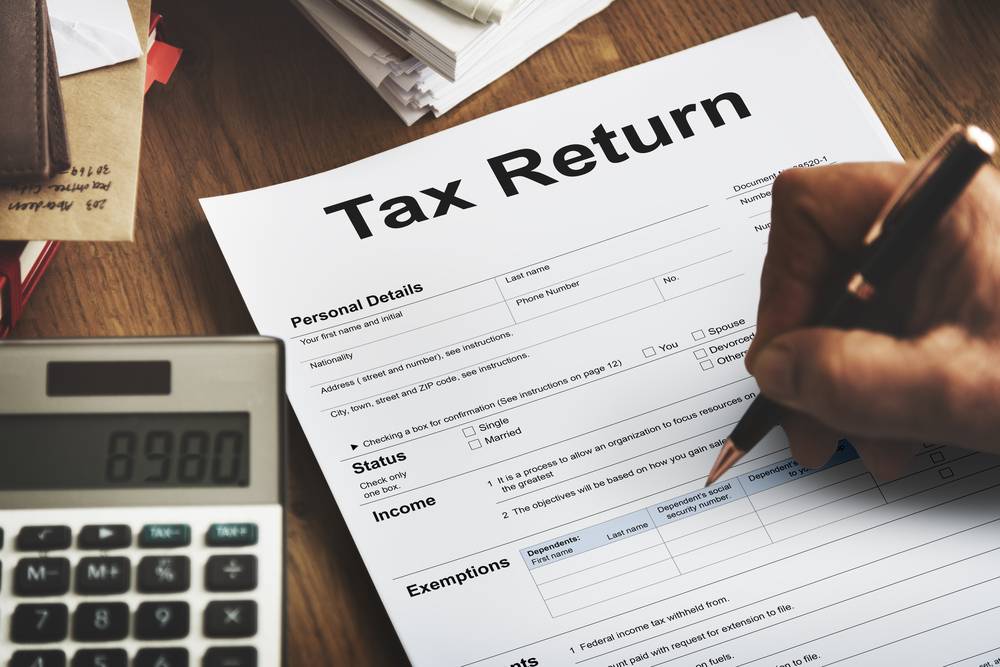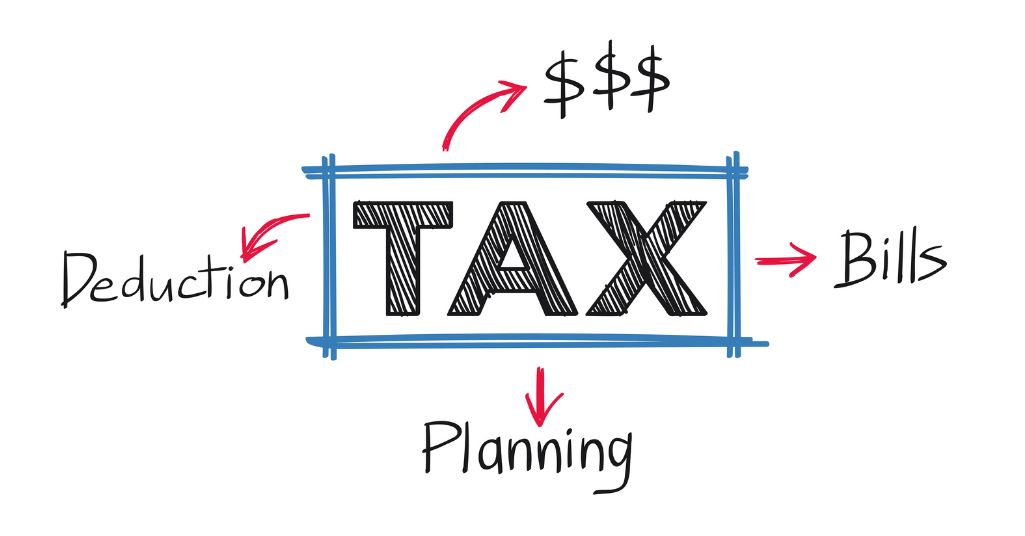When it comes to running a business partnership, it is crucial to understand the intricacies of partnership tax returns. Filing partnership tax returns accurately and on time is essential to avoid penalties and ensure compliance with tax laws. In this blog post, we will delve into the details of partnership tax returns in Liverpool, providing a comprehensive guide to help you navigate this process successfully.
What is a partnership tax return?
Partnership tax return in Australia is a document filed with the Australian Taxation Office (ATO) by a partnership entity. In a partnership, two or more individuals or entities join together to carry on a business or investment activity. While the partnership itself does not pay income tax, it is required to lodge a partnership tax return to report its income, deductions, credits, and other relevant financial information to the ATO.
The partnership tax return helps determine the partnership’s net income or loss for the financial year. The net income or loss is then distributed among the partners according to the partnership agreement, and each partner includes their share of the partnership’s net income or loss on their individual tax return.
Who needs to file partnership tax returns in Liverpool?
In Liverpool, Australia, the requirement to file partnership tax returns applies to partnerships that operate within the region and derive income from their business or investment activities. This includes partnerships formed by two or more individuals or entities carrying on business together.
Partnerships that earn income or experience financial activity during the fiscal year are typically obligated to file partnership tax returns with the Australian Taxation Office (ATO). These returns detail the partnership’s income, deductions, credits, and other relevant financial information.
It’s important for partnerships in Liverpool, Australia, to meet their tax obligations by filing accurate and timely partnership tax returns with the ATO. Compliance with tax laws helps ensure proper reporting of income and expenses, facilitating the fair assessment of taxes owed by the partnership and its individual partners.
When are partnership tax returns due?
Partnerships in Australia are generally required to lodge their tax returns by the due date, which is usually on or before October 31 for most partnerships. However, the due date may vary based on individual circumstances or if the partnership engages a registered tax agent who can apply for an extended lodgment due date.
It’s essential for partnerships to accurately report their financial information in their tax returns to comply with Australian tax laws and fulfill their tax obligations.
How to prepare for filing a partnership tax return?
Preparing for filing partnership tax returns in Liverpool can seem like a daunting task, but with proper planning and organization, it can be a smooth process. The first step is to gather all necessary documents, such as income statements, expense receipts, and partnership agreements. This ensures that all relevant information is readily available when it comes time to fill out the tax forms. Next, it is important to review the tax laws and regulations pertaining to partnership tax returns, as they can be complex and subject to changes. Seeking the guidance of a tax professional or using tax software can be beneficial in navigating these intricacies. Additionally, keeping detailed records throughout the year can alleviate the stress of locating and organizing documents during tax season. By taking these steps and staying informed, individuals can confidently prepare for filing their partnership tax return.
What are the components of a partnership tax return?
The components of a partnership tax return in Liverpool, Australia, typically include:
Partnership Information: Basic details such as the partnership’s name, Australian Business Number (ABN), address, and financial year covered by the return.
Income Statement: This section outlines the partnership’s income sources, including sales, services, interest, dividends, rent, and any other revenue generated by the business or investments.
Deductions: Details of allowable deductions related to the partnership’s operations, such as operating expenses, wages, rent, utilities, depreciation, and other expenses directly linked to earning income.
Distribution of Income or Loss: A breakdown showing how the net income or loss of the partnership is allocated among the partners according to the partnership agreement.
Capital Gains and Losses: Reporting any capital gains or losses realized by the partnership during the financial year from the sale of assets or investments.
Tax Offsets and Credits: Any applicable tax offsets or credits that the partnership is eligible for, which could reduce the overall tax liability.
Financial Statements: In some cases, partnerships might need to include financial statements, balance sheets, profit and loss statements, or other supporting documents as required by the ATO.
Other Information: Any additional disclosures or information required by the ATO or specific to the partnership’s circumstances.
These components collectively provide a comprehensive overview of the partnership’s financial activities, allowing the Australian Taxation Office to assess the partnership’s tax liability accurately. Each partner then incorporates their share of the partnership’s net income or loss into their individual tax return for taxation purposes.
What deductions and credits can partnerships claim?
Partnerships are eligible to claim various deductions and credits, which can greatly impact their tax liability. Deductions allow partnerships to reduce their taxable income, thereby lowering the amount of tax they owe. Some common deductions that partnerships can claim include business expenses, such as rent, utilities, and office supplies. Additionally, partnerships can deduct salaries and wages paid to employees, as well as contributions to retirement plans.
Another deduction available to partnerships is the cost of goods sold, which includes the expenses directly related to producing or purchasing the goods sold by the partnership. On the other hand, credits provide a dollar-for-dollar reduction in the amount of tax owed. Partnerships may be eligible for credits such as the research and development credit, the small business health care credit, and the renewable energy credit. It is important for partnerships to consult with a tax professional to ensure they are taking advantage of all available deductions and credits.

What are the penalties for late or inaccurate partnership tax returns?
There are penalties imposed by the Australian Taxation Office (ATO) for late or inaccurate partnership tax returns. These penalties aim to encourage timely and accurate filing of tax returns. The penalties can include:
Late Lodgment Penalty: If the partnership fails to submit its tax return by the due date, the ATO may impose a penalty. The penalty amount can increase based on the length of the delay and the partnership’s turnover.
Failure to Lodge on Time (FTL) Penalty: This penalty applies when the partnership fails to lodge its tax return within an extended period after the due date specified by the ATO.
Inaccuracy Penalties: If the partnership provides incorrect or misleading information in its tax return that results in a tax shortfall, the ATO can apply penalties. These penalties vary based on the severity of the inaccuracy and whether it was intentional or due to recklessness.
General Interest Charge (GIC): If there’s an outstanding tax debt resulting from late lodgment or inaccurate reporting, the ATO can charge the partnership GIC. This charge accrues daily on any overdue amounts until the debt is fully paid.
The specific penalties and charges applied can vary depending on the circumstances, including the extent of lateness, the amount of tax owed, and whether the inaccuracies were deliberate or unintentional. The ATO determines penalties on a case-by-case basis.
Conclusion
Understanding partnership tax returns is crucial for any business partnership. By following the guidelines provided in this blog post, you can ensure that your partnership tax returns are filed accurately and on time. Remember, seeking professional assistance from a tax advisor or accountant is always advisable to navigate the complexities of partnership tax returns in Liverpool effectively. Stay compliant and avoid unnecessary penalties by staying informed about the latest tax laws and regulations.

